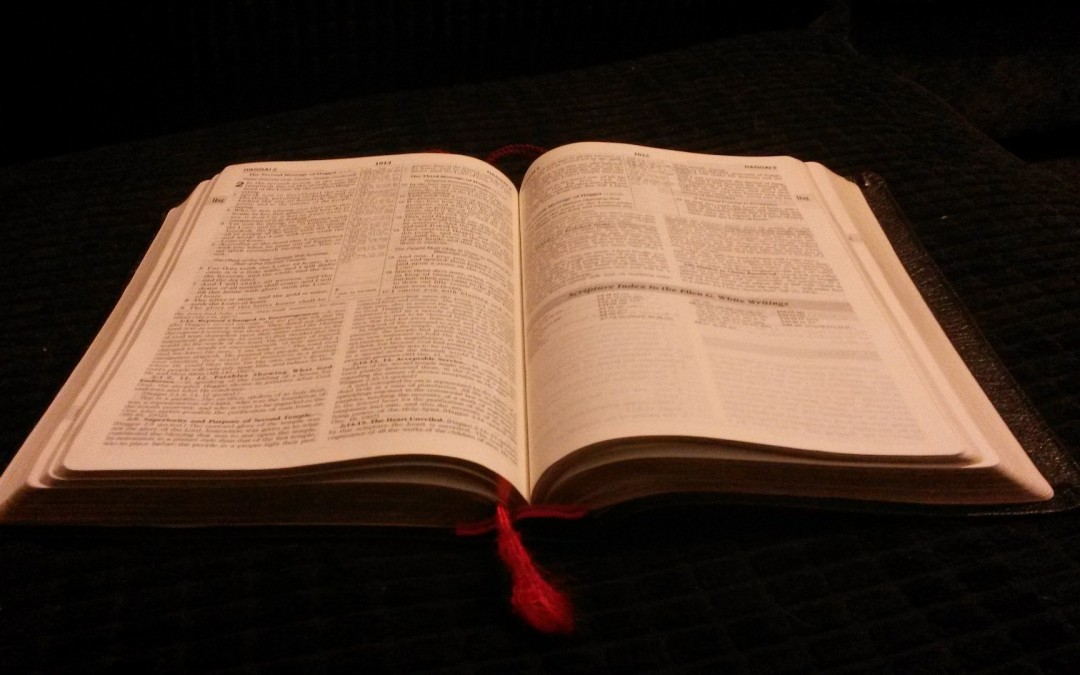In every story there is a central hub, a pivot around which everything turns. In today’s Gospel reading, which part is that pivot? Is it the setting – a wedding with an embarrassing lack of wine? Is it the relationship between Jesus and his mother? Is it the miracle of the water turned into wine? No, it is that reference, seemingly in passing, to the purpose of these six stone jars – Jewish rites of purification. It is not any old jug of water that Jesus turns into wine, it is a particular stock, whose purpose has been completely transformed.
We need to get to a level of understanding of why this is so central to Jesus’s ministry, and why it is still so important for us today.
Ritual cleanliness was at the centre of Jewish life. The rules surrounding it were complex, and in a small place like Cana, a two-horse town to the west of Lake Galilee, 180 gallons of water were needed to keep everyone in the village ritually clean. This water was not for washing your hands after they had got a bit muddy while working in the field, or sticky while cooking – there was different water for that. This water was for the rite of purification in the morning, after a night’s sleep, this water was for the rite of purification, with prayers, before going outside, on coming indoors, on greeting relatives and friends, on welcoming guests to the house. This water kept the people of Cana ritually clean through all the different seasons of the year, through all the different phases of the day and the night, and it was extremely burdensome. Everything that everybody did could involve ritual washing with prayer, and generally it did, and failure to wash in this way could lead to exclusion from social activities, even exclusion from village life, and eventually exclusion from the worshipping life of the nation.
These six stone jars, massive in their appearance, centrally placed within the village, dominated people’s lives and everyday activities – and it is their content that Jesus transforms into wine – wine of the very best quality, to celebrate a wedding. A wedding? Which wedding? The wedding that Jesus and his disciples were attending? Or another? The wedding of heaven and earth, the spiritual union which is Christ with his church – this is wine we are talking about, the wine of heaven, the wine of Christ’s blood, the sacred outpouring of God to redeem and to bind to himself all of humanity. This is no ordinary wedding, where 180 gallons of the best vintage are suddenly made available to the guests. No, this is a turning point in the life of the world, when water for ritual cleanliness is replaced with the wine of celebration, the wine of remembrance, the new wine of the Kingdom of God.
No more ritual washing is required, when Christ is present. No more ritual washing is needed in our everyday lives, just a consciousness of the presence of God to enfold, to redeem, to save. Instead, we have the wine of joy, the wine of new life, the wine that only God can give as he lifts us out of ritual obedience into a new life of freedom and delight.
Some water remains, some ritual water, but that is the water of baptism, in which Christ joins us to himself and in which we rejoice. That water will remain precious, ritualistic, holy, for in it God washes us clean once and only once, and then the job is done for the whole of our lives. In that water, God puts his holy life inside ours, making us holy for all eternity. In that water, we die with Christ, so that we may live Christ’s risen life in the world. That’s plenty of ritual water, all the ritual water we need – the rest is miraculously transformed into joy in the presence of God, joy in the sharing of bread and wine, joy in the sharing of fellowship with our brothers and sisters in Christ, here, and all over Kew, and around the world.
So no, the story of the wedding at Cana is not about marriage, but about burdens of ritual being lifted and replaced with the wine of delight. The bishops may well have messed up, once again, on the inclusivity of modern marriage, but we here will continue to delight in God’s all-encompassing, all-welcoming joy, for there is room for everybody, for every expression of the multiplicity of God-created humanity, and we here will rejoice together in that new wine.

